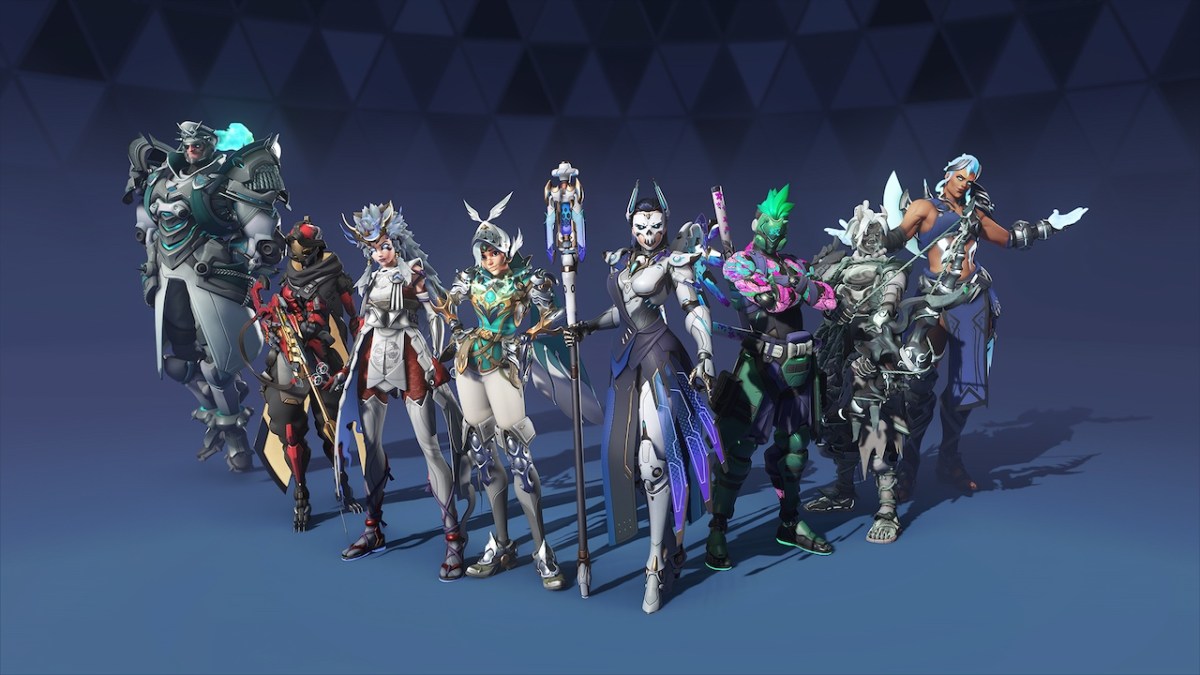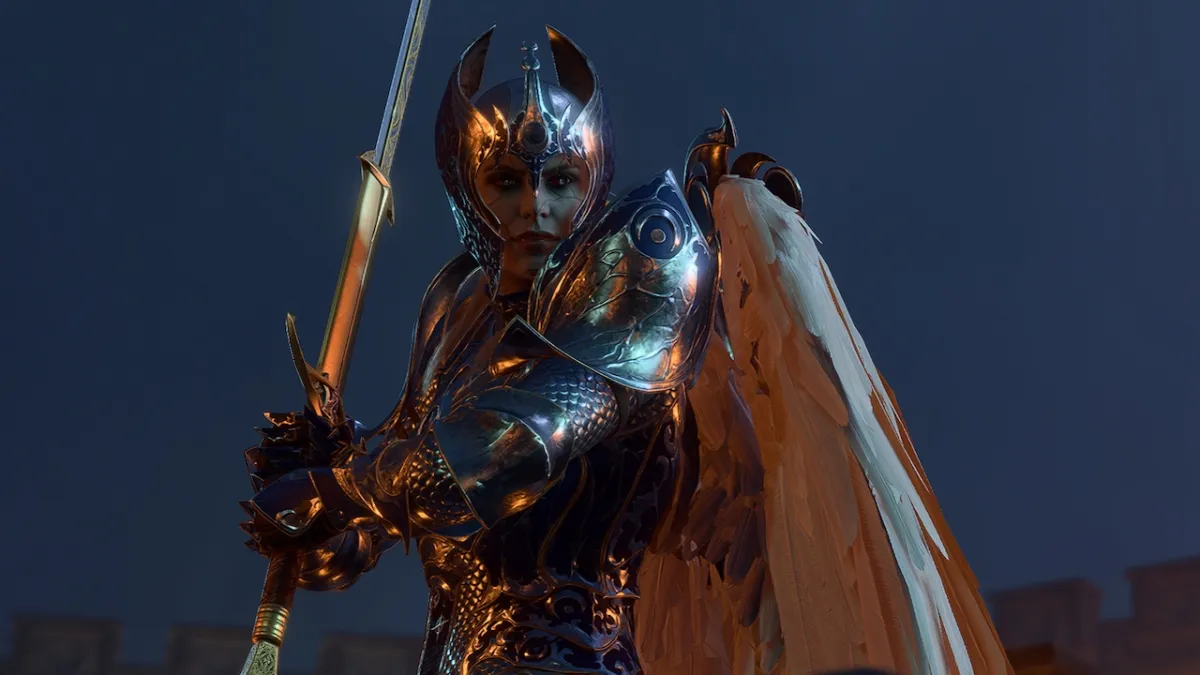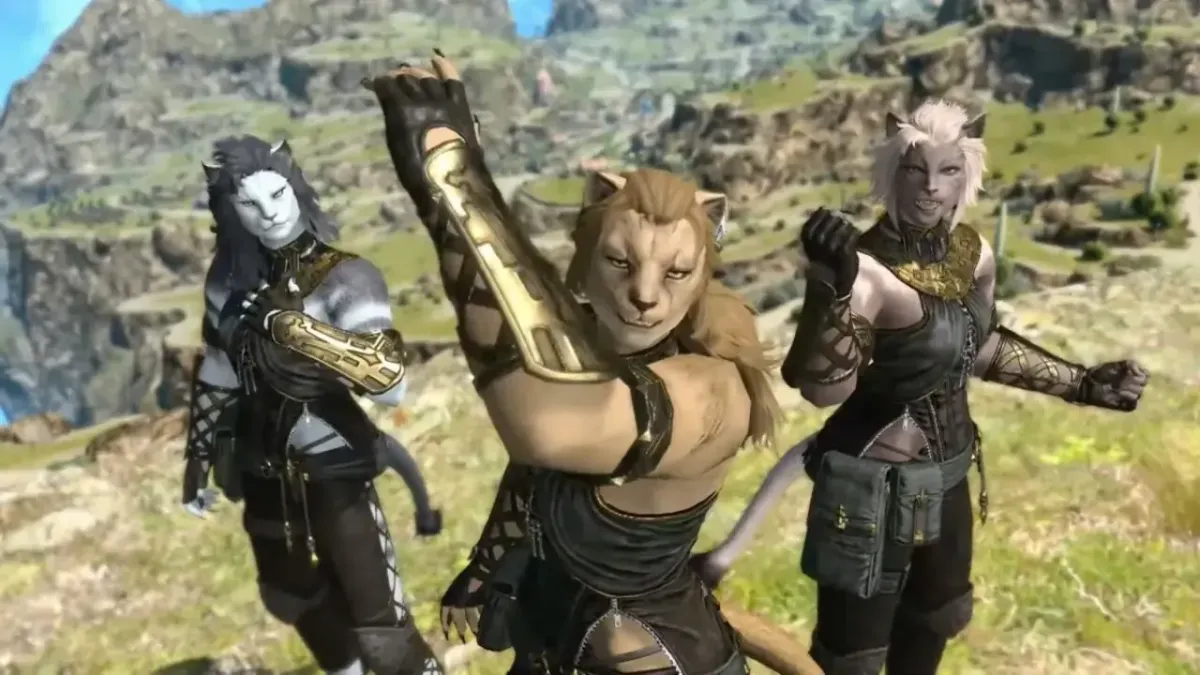
Transitioning from Traditional to Modern Mechanics: ME1 to ME2
by Felix Garcia
A PC Perspective
Of all the franchises in existence, few have had as much controversy, public attention, and as great a following as the Mass Effect series and fewer still deserve it. The combination of gameplay, storytelling, music, and artistry behind the series is colossal and oft times brilliant. It is also, in many cases, a great example of experimentation and frustration. The game has many aspects to it that stretch beyond the realm of gaming, and rightfully so, but I’ll leave it to others to discuss that. For now, we are going to look at the series’ accomplishments and failures as a video game franchise. Of course, this will inevitably lead to a discussion of its merits as a delivery mechanism for music, visuals, design, story, and fun, and all that they imply.
I Like My Games with a GUI Center:
Let’s start with my favorite subject to bitch about concerning video games and the world in general: interfaces. Both ME1 and ME2 have their issues with their interfaces, but I cannot stress how badly they messed up ME2 after a decent, though not quite good, UI in ME1. Sure, ME1 had its little issues: health bars that didn’t reflect values, one-dimensional inventory, spacing problems, etc. But at least it was consistent in its mediocrity. The UI in ME2 is simply bad. Navigation is difficult, scrolling is not supported, stats are more opaque, minimal key binding, buttons are not consistent, etc. That last one is my biggest peeve: try and navigate the planets on the galaxy map and you’ll notice that buttons do different things depending where you are in the map. Scanning a planet? Escape stops that. Oh, so escape will probably zoom me out of the planet view, like in ME1, right? Nope, it just quits the galaxy map altogether. WTF? OK, let’s go back, scan a planet, and notice that there’s a back arrow button with no way of pressing it or an indication that the escape key stops it. But you have to click on the back arrow button to zoom out when you aren’t scanning. Perhaps they thought this would save people time when exiting the galaxy map. Fine, I understand that. Sometimes I just want to stop looking at planets and go talk to my crew because I forgot to advance one of the relationships I wanted to. But don’t make one button do two different things in essentially the same view. Consistency and feedback are absolutes in UI, especially with buttons like the escape key.

The interface was clearly designed around console input, but that isn’t justification. It should no longer come as a surprise to see an interface designed with the PC gamer in mind when a game is ported to the platform. It should simply be a checkbox that gets ticked when going through the process. It’s not like Bioware started as a developer that made games for consoles, either. That said, a developer should be lauded for making a PC-friendly UI as much as any should for releasing a less buggy game. A poor UI is a bug, simply put. I’m going to stop here before this becomes a rant since there are so many elsewhere.

As you can see, there is nothing indicating what to press to go back one step in this screenshot.
See here and here for a breakdown of the 360 UI, though the guy seems to know something about design, most of his complaints for the first game and praise for the second are nonexistent on PC. In fact, his assessment of character development in the second game is sadly misguided. Also, see this forum post for more issues with the UI. These guys know what’s going on.
Out of Control:
The next big thing I’d like to touch on is the games’ controls and their relation to input. Controls should never get in the way of a player attempting to play a game. A part of playing on the PC is the total customization of controls that we have become accustomed to until recent years. Unfortunately, Bioware decided to doubly screw PC gamers on those points. First, and most importantly, the default controls in ME2 get in the player’s way. Second, there is no way to fix this in the options. Of course, one could modify the configuration file, which is not that big of a deal, but my intention in playing these games is to approach it as it was intended. This meant playing the game on Normal with minimal changes to the options (e.g. maxing out the graphics settings). The primary method they used to get in the way of a gamer trying to play is to map three functions to a single button. This could be advantageous in certain ways: configuring a button to do something different in different modes of play, for example. However, this method of helping the user was completely absent. Instead, it does three different things in various often-overlapping contexts in the primary mode of play. What three functions did they bind together? Sprinting, going into cover, and interaction. These were separate in ME1, one of them even being completely automatic and unmappable as such, an advantage I’ll speak of in the next section.
Fighting the Combat:
I never knew the walls of the future would be so sticky or everyone’s aim so incredibly poor. Or special operations-level soldiers to not know what is going on 99% of the time. I’ll state the obvious first: the combat is much-improved in ME2 over ME1. It’s just a much better game because of the greater freedom given to the player when shooting the bad guys. It also gave an opportunity to the team to increase the difficulty. In ME1, the game was laughably easy on normal. Aiming was assisted, certain weapons and skills were overpowered, and the enemies were stupid. What balanced things out was your allies were stupid as well, which often resulted in your death. The only way for them to be effective was to direct their every action. It got better (and easier) as you progressed because the aforementioned factors that made the game easy came to a head. This is all contributed to making the combat feel distant, disconnected, and more “strategic” than involved. I’m sure that is why they switched to a system that fixed all these issues.

It makes me wonder what those walls are coated with that they are so sticky.
ME2 took all the combat from ME1, made it control tighter, let your aim do the talking, fleshed out group combat mechanics, and vastly improved the AI. Your pals actually shoot the bad guys instead of stand around or get in your way. The bad guys advance on your position and use cover like you would expect. Skills were toned down and the weapons simplified and diversified. Directing your allies felt great and was fluid, their mapping to individual keys being a good move to using it more often and in real time. It felt like a good third-person shooter, which ME1 did not at all feel like. However, this doesn’t mean it was flawless. Despite not being up to par with other third-person shooters due to the fact that the game was still an RPG first, the biggest issue was the cover mechanic. Since sprinting, going into cover, and using items were all tied to a single button, you often found yourself suddenly stuck to a wall, facing the enemy, instead of sprinting towards them or to another form of cover. The distance from a wall where you could still press the button to go into cover was far too large to make any sense. Running past a wall was a danger, attempting to run from out of cover was a sure way to die, and picking up items near walls was a chore. Things just don’t work out with these specific actions mapped to one button. Oh, and what button do you press to remove yourself from cover? Not the one that put you there, oh no, it’s the melee button. It can’t even be remapped to another button; it has to be whatever you used for melee. Now, this obviously presents the problem of not being able to melee from cover (e.g. to attack an enemy coming around a corner) and that it just makes no sense. My distaste for this was reflected throughout my time with the game. It’s atrocious and a limitation that should never have been an issue for the PC, which has a plethora of buttons on a keyboard that can be comfortably mapped to all three functions as separate actions. The decision to map three very different actions to one button violates some of the basic principles of interaction design. This alone caused me to consider that ME2 was a disappointment compared to ME1.
Finding a Voice:
It’s not all bad in ME2, however. I found that the writing really took off with the second installment of the series. The first was a self-contained space opera rivaling any film in the original Star Wars trilogy. It was a race against the forces of evil that were summarily defeated with a measure of morality along the way. Good and bad times were had; it was an adventure, simply put. The second game darkened considerably and the writing rose to new heights. There is more subtlety here, more implication and comedy. The characters increased in detail, not only visually, but in their characterization. And new characters brought a fair amount of interesting tales to be heard and experienced. Mordin Solus is easily my favorite character in the game, with Zaeed taking a close second. The loyalty missions of both (and others, but primarily these two) put forward intriguing questions and difficult decisions. It really reflected the grayness of the game as a whole, a concept in opposition to the overly-popular idea that Mass Effect is a series about black-and-white choices. Often there is no good option, only what you believe to be the best one. It is this ambiguity that really makes me hate the Paragon/Renegade system because it does nothing but detract from the experience of playing a role. I don’t want affirmation that my actions were “good” or “bad.” I dislike receiving Renegade points in a conversation where I was being perfectly reasonable and kind and feeling like I did something wrong. The gamer is taken out of the role and made to feel as though he didn’t accomplish something correctly. The point should be, as was said many times leading up to the release of the first game, that there is no “good” or “bad,” just different ways of getting things done.
In any case, the writing was substantially better in ME2, nicely balancing out its critical flaws in the combat. The lore in both are admirable, with ME2 expanding on ME1 and taking the entire series to new heights of detail and depth. It is a very nicely-built universe that is, to me, the Star Wars and Star Trek of the modern day.
Seeing Stars:
Visually, both are impressive, with ME2 besting ME1 by virtue of being released later. That said, the technical merits of the graphics will not be discussed here, as they are boring and did not impact my impression of the game. I will only say this: they make Unreal Engine 3 look better than most others do. The style of the games is, to me, as interesting as it is almost cheesy. At once you have the cool impression of the body armor and weapon designs and the sense that this all feels like someone’s too-hopeful vision of the future. Things are far too clean, from the people and their dress to the halls and hulls of space craft and stations. But there are times when things get gritty, like in ME2 on Tuchanka. The ruins of that planet resonate within and haunt you, the violence of the Krogans reflected and clear parallels being drawn to mankind.

The artistry of the heavenly bodies in both ME1 and ME2 are really a treat. The beauty of nebulas, stars, various planets, and the pristine emptiness of space between them make for a calming and visually satisfying time in the galaxy map.

Then you have the alien designs, which range from the clichéd Asari with their female features and general sexiness to the Hanar, who are designed without the standard human-base appearance we are used to in film, television, and other games. It is clear that care went into their designs based on their history, nature, and home planets. The games’ artistry is detailed and beautiful.

This is What the Future Sounds Like:
Few games have music that is as subtle as it is in the Mass Effect games. The quality of both is quite high, and it would be difficult for me to pass judgment as to which is better. Instead, I will talk about the influence music has on the tone of both ME1 and ME2 and attempt to dissect the sounds and structures within. Thankfully, Sam Hulick, one of the composers on all three games, did an AMA on reddit not too long ago, so I’ll be using that as a reference.
First, the emotion of the music is fairly intense, despite the entire soundtrack being generally ambient or laid-back. There are moments of grandeur in the music, namely the glorious moment in ME1 where Commander Shepard rises from the debris, injured but alive (“From the Wreckage”). Sam Hulick has noted inspiration from Ray Lynch, an artist who uses synths and acoustic instruments to weave a beautiful melody, and Jerry Goldsmith, a noted film score writer. Mr. Hulick made extensive use of the “Moog Modular” VST plugin for ME1 and ME2. These come together to make some really great stuff, my favorite of which is likely the “Main Theme” from ME1. It is representative of much of the music in the entire soundtrack. The drums have a military influence, the synths feel ominous and threatening, and the strings and brass are simply epic. It is appropriate for a game about the saving the galaxy. Then there’s “Vigil,” which is so unique and emotional, I don’t know if I could find any game with better music on the main menu or so subtly placed when wandering around your ship. It really gives the feeling of being small in the vastness of space.
https://www.youtube.com/watch?v=ZD79WkK-sEE
One thing I noted in the ME1 soundtrack is the tendency to start quiet and simple and have small swells of volume and complexity, always returning to the underlying track or simply raising to a climax at the end, depending on the scene it is rendering. It is very pleasing to the ear and appropriate for the game.
The soundtrack of ME2 was decidedly more epic and hard-hitting. It was darker, heavier. “The Normandy Attacked” is a great example of this. Sure, it is a dark moment, but the urgency and danger is greater than anything in the first game. It is also far more like a film soundtrack than one for a game. “Legion” is also a good example of the darkness and cinematic quality of ME2’s soundtrack. You have that same urgency and danger reflected in the music that simply wasn’t there in ME1.
More to Say:
There’s a lot more to be said about the series as a whole, and that will come with part 2 of this article, which has less to do about the differences between the second and third games, as there are few, and more to do with more of my thoughts on why these games are so great that the mistakes really stand out.




